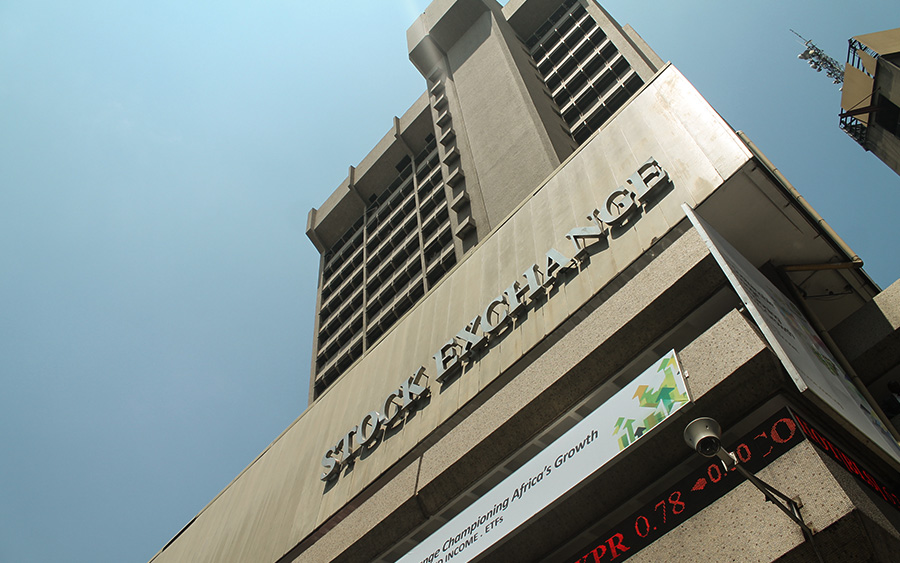The Nigerian Stock Exchange (NSE) recorded a decline in banks’ market capitalisation by 18.18% in the first seven months of the year (2019).
As the capital market remains bearish, the market capitalisation of banks listed on The Exchange opened the year at N3.63 trillion but closed at N2.97 trillion on July 31. This means the capitalisation dropped by N660 billion.
The breakdown: The market capitalisation of Guaranty Trust Bank Plc dropped from N1.01 trillion to N835.85 billion. Similarly, Access Bank Plc, which merged with Diamond Bank Plc, saw its market capitalisation drop to N232.82 billion from N247.2 billion (Diamond Bank’s capitalisation inclusive) at the beginning of the year.
[READ MORE: Wema Bank’s half-year profit up by 43.64%]
Ecobank Transnational Incorporated also saw N106.42 billion wiped off from its market capitalisation as it dropped to N150.47 billion from N256.89 billion, while the capitalisation of FBN Holdings dropped from N285.37 billion to N204.60 billion.
More so, FCMB Group Plc recorded N5.35 billion decline in its market capitalisation from N37.43 billion to N32.08 billion while Fidelity Bank’s capitalisation dropped from N58.82 billion to N46.36 billion.
The market value of Stanbic IBTC Holdings Plc’s shares dropped from N491.03 billion to N391.19 billion while the United Bank for Africa Plc saw its market value shed N58.14 billion to close at N205.20 billion on July 31.
Unity Bank Plc’s market capitalisation depreciated to N7.72 billion from N12.51 billion, while Zenith Bank Plc’s capitalisation dropped from N723.69 billion to N574.56 billion.
Conversely, Sterling Bank Plc’s market capitalisation increased to N66.22 billion from N54.70 billion while Union Bank Nigeria Plc’s capitalisation increased from N163.08 billion to N199.48 billion.
[READ ALSO: Investors lose N713 billion in April as NSE ends trading with N135 billion loss]
Meanwhile, the market capitalisation of Wema Bank Plc remained unchanged at N24.30 billion.
The reason for the trend, according to the Group Chief Executive Officer of United Capital Plc, Peter Ashade, this was because foreign investors had continued to snub equities due to deeper concerns about the policy framework of the government.













